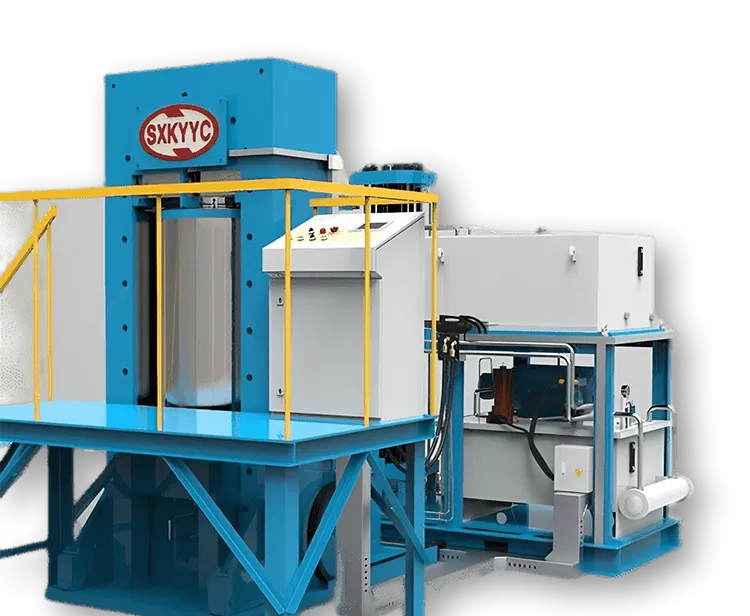Isostatic pressing
Isostatic pressing is a method of forming powder while compressing by applying isotropic pressure. According to different molding temperatures, isostatic pressing is divided into hot isostatic pressing and cold isostatic pressing. Cold isostatic pressing is an isostatic pressing method for forming workpieces at room temperature. Hot isostatic pressing refers to the isostatic pressing method of isostatically forming and sintering workpieces under high temperature and high pressure.

Advantages
Capable of pressing parts with concave, hollow, slender parts and other complex shapes
Small friction loss and low molding pressure
The pressure is transmitted from all sides, and the density of the green compact is evenly distributed
High green strength
The mold is easy to make and has a long service life
Lower cost
Disadvantage
Difficult to precisely control the size and shape of the compact
Low productivity
Big investment for green
More complex operation
Vessels and other high-pressure parts require special protection
